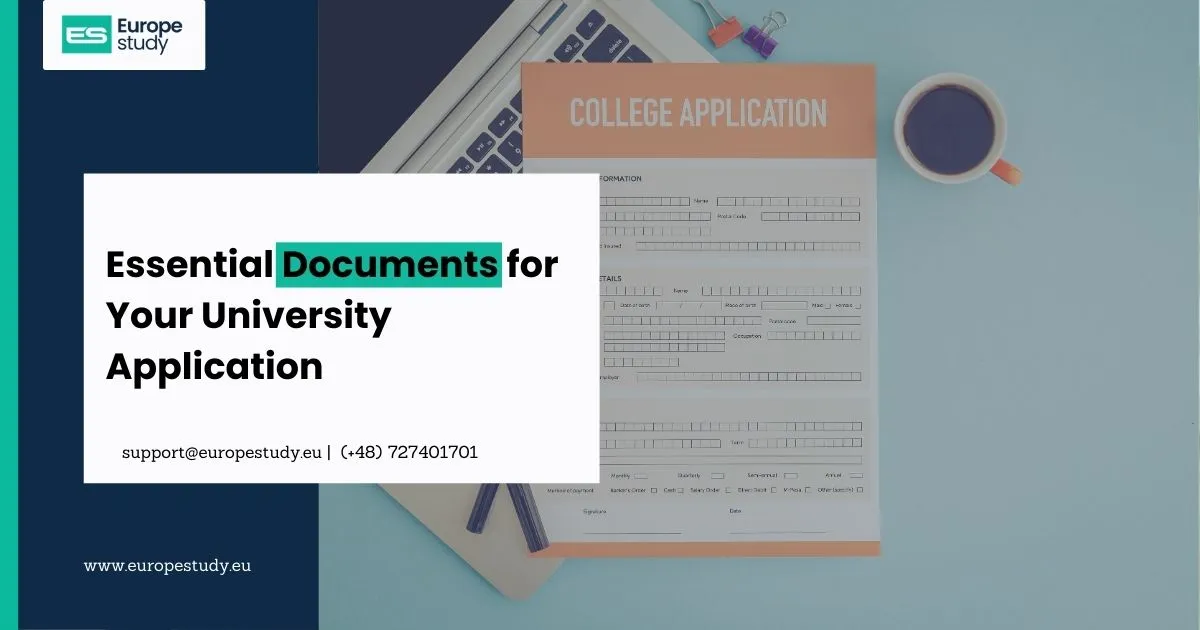
Essential Documents for Your University Application
When applying to universities in Europe—whether for a Bachelor’s or Master’s program—it’s important to prepare your application carefully and submit all required documents before the official deadline. The deadlines listed by universities generally refer to the final date by which your full application must be received. Missing documents or delays can jeopardize your admission, so it’s essential to be well-prepared.
While specific requirements may vary slightly depending on the institution or program, here’s a general list of the most commonly required documents for university applications in Europe:
1. Cover Letter or Motivation Letter
A personal statement outlining why you are applying for the course, your academic interests, career goals, and what makes you a suitable candidate.
2. Curriculum Vitae (CV) or Resume
An updated overview of your academic background, work experience, extracurricular activities, and relevant skills.
3. Previous Degree Certificates or Academic Transcripts
You must submit official certificates and transcripts from your previous studies—whether high school for Bachelor’s applicants, or university degrees for Master’s applicants.
4. Proof of English Language Proficiency
Most universities require non-native English speakers to submit test scores from exams like IELTS or TOEFL. Some programs may accept alternatives or proof of previous study in English.
5. Copy of Passport or National ID
A valid identification document is required to verify your identity and nationality.
6. Academic Reference Letters
Some programs ask for letters of recommendation from teachers, professors, or employers, supporting your academic or professional abilities.
7. Programme-Specific Documents
Certain courses may have additional requirements such as:
-
A portfolio (for art and design programs)
-
GRE/GMAT scores (for some postgraduate programs)
-
Statement of research interests (for research-focused degrees)
Important Note on Timing
In some cases, universities may allow you to submit some documents—like language test results or degree certificates—after the official deadline, as long as you have started the application process on time. However, this varies between institutions, so it’s crucial to read each university’s admissions guidelines thoroughly.
Start gathering your documents early to avoid last-minute stress. Pay close attention to the specific requirements for each program and keep digital and printed copies of all your documents neatly organized.
Being well-prepared and informed significantly increases your chances of a smooth and successful university application process.





